STORY
A Maine Social Service Program Offers Progressive Care to Pregnant People
The Opportunity Alliance revolutionizes a 50-year-old food security program with compassion and cultural humility.
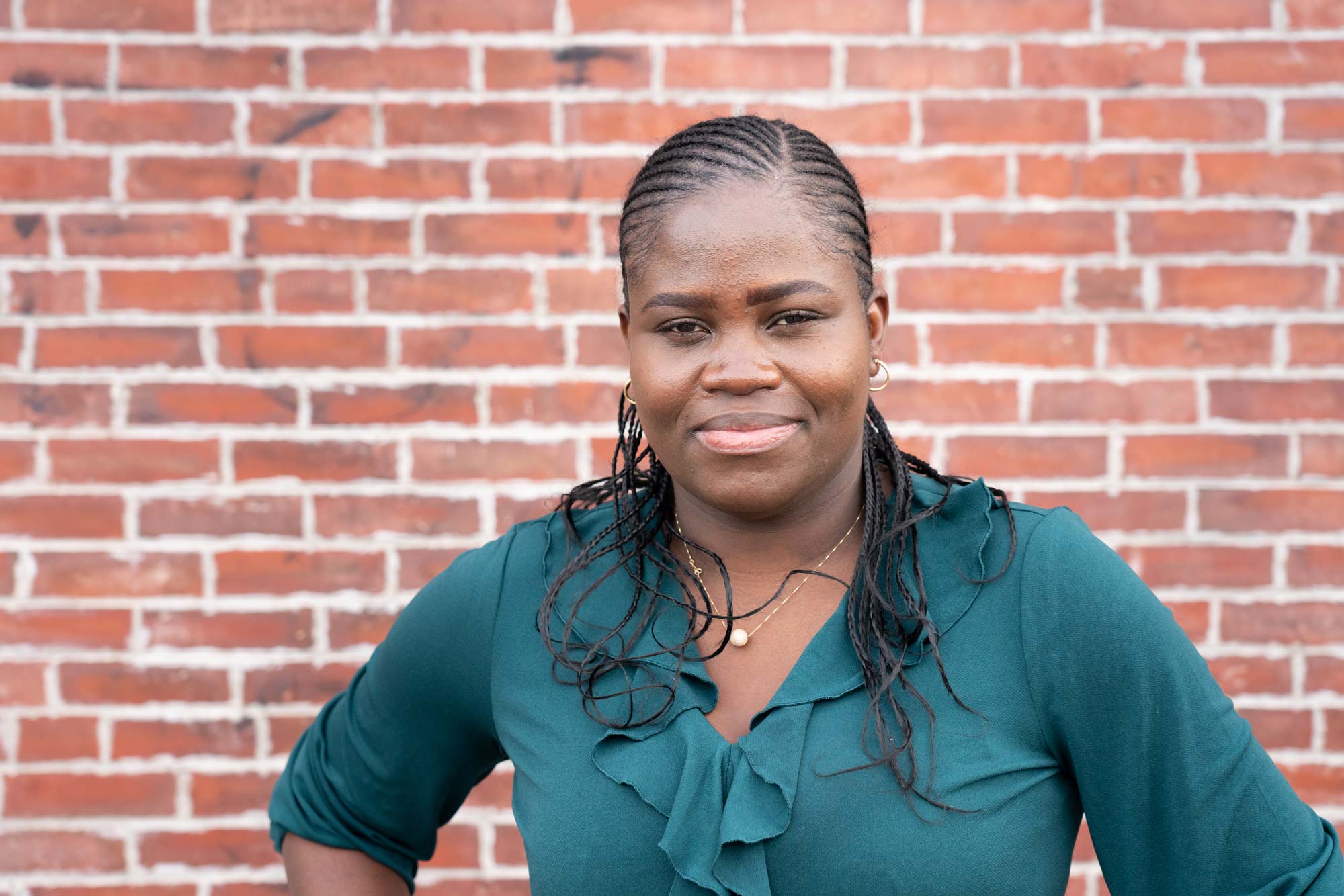
In Maine, about one in six renters spend more than half of their income on housing1. The shortage of affordable housing is an urgent issue, leaving some residents struggling to find a roof over their heads. The housing crisis significantly heightens the risks to both pregnant people and their unborn children at a time when they need stability and care the most. Pregnant people experiencing houselessness face more pregnancy-related complications and are less likely to receive prenatal care, breastfeed their child, and have well-baby checkups. Infants in houseless situations have a higher risk of low birth weight, longer hospital stays, and more health problems in the future.2
On any given day, over 560,000 people in the United States are unsheltered, and nearly 11 million households spend over half their income on housing. This crisis disproportionately impacts Black, Indigenous, and other People of Color (BIPOC), who are more likely to experience homelessness compared to White people. Women, especially BIPOC women, face additional housing instability.3
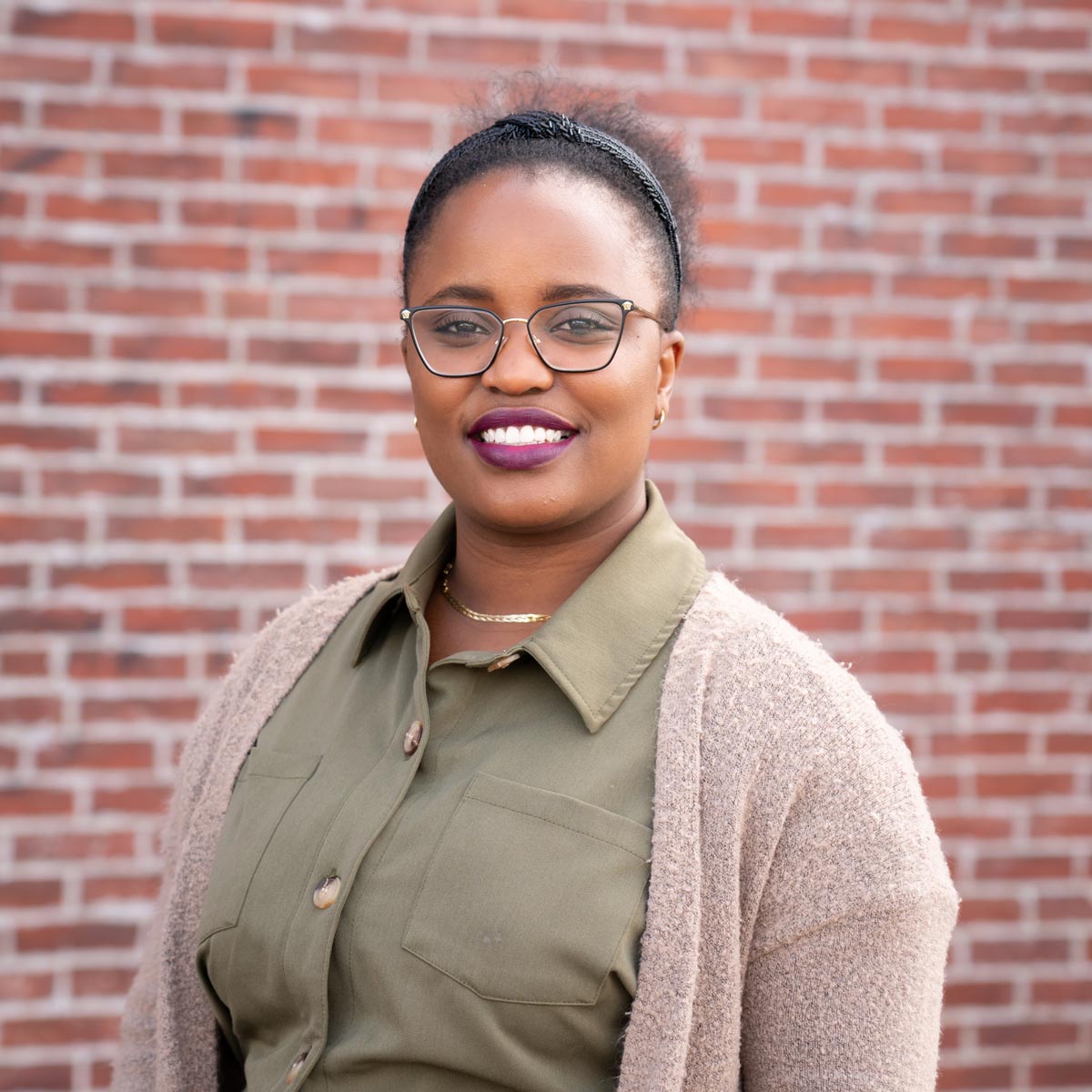
“So, the challenge of our participants, it’s mostly food security. They don’t have access to healthy food or food in general. And they’re low-income. And over half of our caseload is made up of immigrants that are coming from other countries, and a large percentage of them sleep in shelters, on the streets, or in motels.”
– Jessica Ndayishimiye, Multilingual Nutrition Counselor, WIC, TOA
Vitamin Angels’ partner, The Opportunity Alliance (TOA), has addressed the issue of houselessness in their programming. Staff often go above and beyond to help pregnant women and their families navigate the complicated formal and informal community services to help families access transitional housing and provide a variety of other services that are customized for each program participant. A Maine institution since 1965, TOA serves Cumberland County, where nearly a quarter of the state’s population lives. At the heart of the county sits Portland, Maine’s largest city. Portland is known for its legislative goals to reverse poverty and address homelessness and its progressive support for refugees and asylum-seekers.
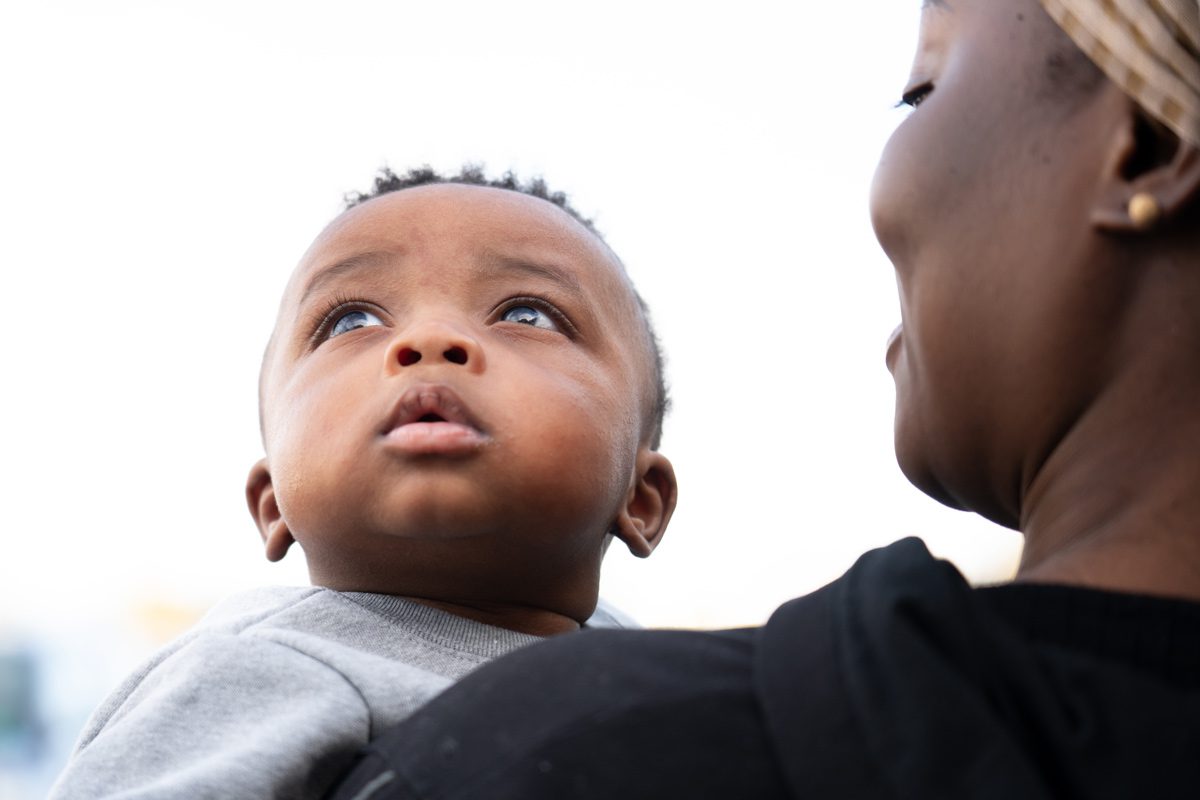
The Maine Department of Health has established maternal and child health priorities for 2020-2025, including a goal to improve women’s access to high-quality physical and mental healthcare. In alignment with these goals, TOA plays a vital role, particularly through its administration of the Special Supplemental Nutrition Program for Women, Infants, and Children (WIC), which served 5,324 people last year. TOA distributes Vitamin Angels’ prenatal vitamins and minerals through the WIC program, offering 195 bottles in 2023. Additionally, TOA supports breast/chestfeeding initiation, contributing to Maine’s average initiation rate of 84.5% last year.

“A program like WIC can come into partnerships like [the one] with Vitamin Angels and really can begin to change the tide for health conditions for young children, for pregnant moms.”
– Louise Marston, Senior VP of Programs, TOA
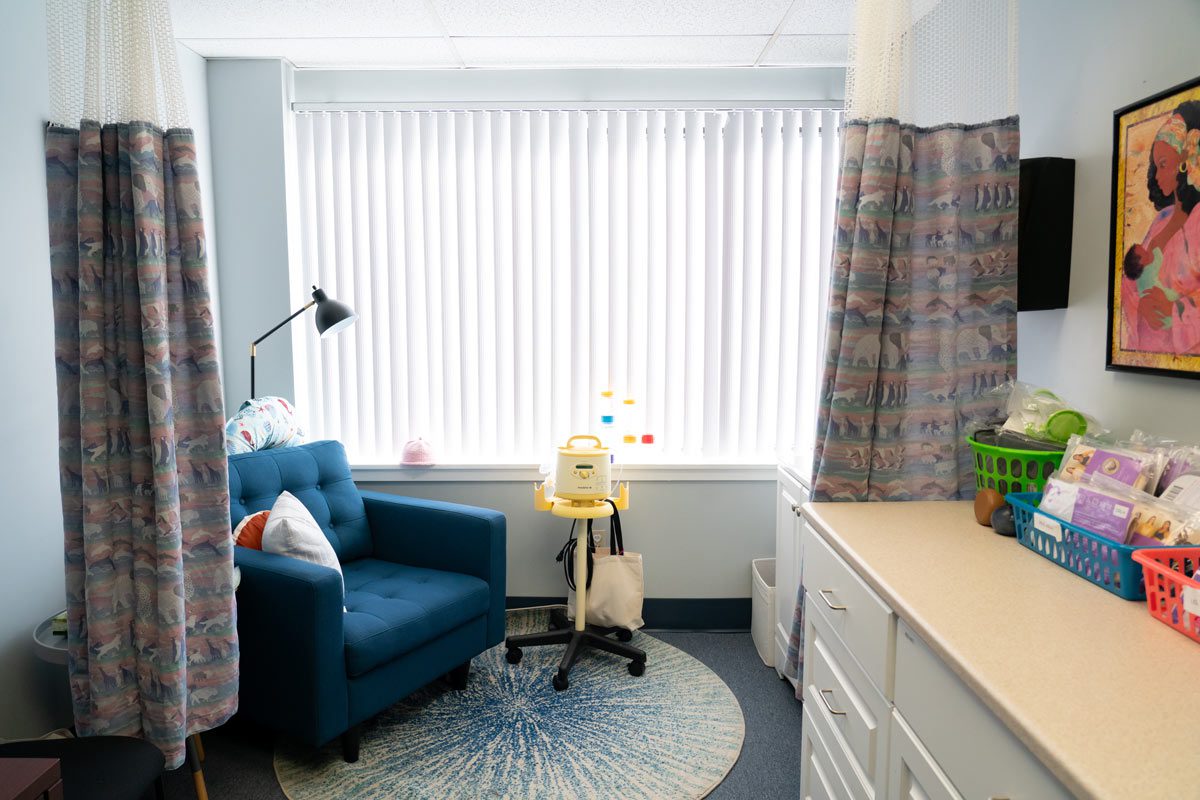
Many of the families that TOA serves are immigrants and asylum seekers, sometimes walking for months to reach the US while experiencing many dangers—even losing their children along the way.
The compassionate team at TOA meets these families with open arms and a vast array of services to help caregivers and their children, both native and new to Maine. A Community Action Agency, the local, non-profit organization that offers programs and services to reduce poverty in the community, TOA’s programming includes four pillars of service: Behavioral Health & Wellness, Community Well-Being, Childcare & Early Childhood Education, and Poverty & Economic Support.
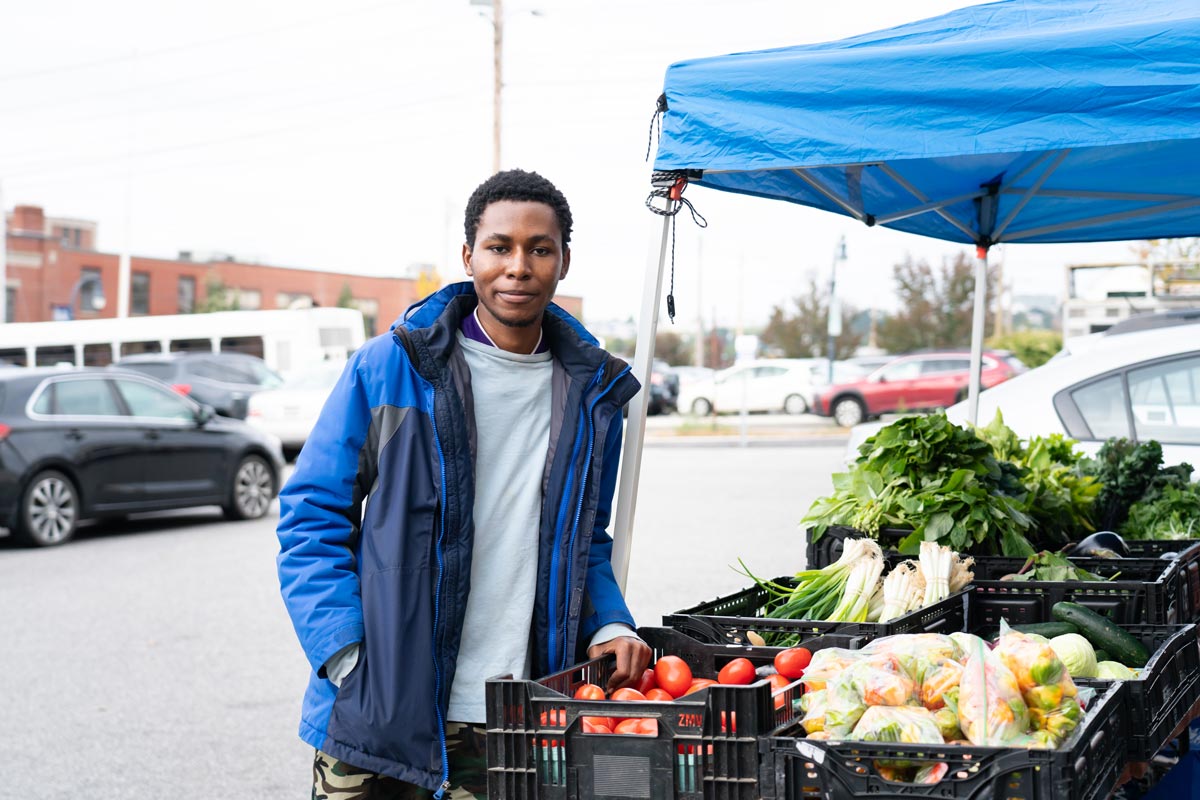
“We are super proud to be able to serve such a unique population. Our birthing people and participants come from almost everywhere, as far as the Congo, Angola, and Cambodia. We have large populations from all those countries,” says Anna Bullett, Senior Director of Health, and Nutrition Programs. She continued, “The most common languages spoken after English are French, Lingala, Portuguese, Spanish, Somali, and Arabic. It’s a really diverse mix of languages. And to that end, we’ve been able to diversify our staff so that our staff are multilingual as well and can uniquely meet the needs and identify with the population that they’re serving,” she explained. By employing staff members who are originally from the same countries as their clients, TOA is helping bridge the language barrier and foster trust and understanding that can only come from sharing similar experiences.
“Cause a rising tide lifts all boats, right?“
– Anna Bullett, Senior Director of Health and Nutrition Programs, TOA
1 https://www.cbpp.org/sites/default/files/atoms/files/12-10-19hous-factsheet-me.pdf
2 https://nationalpartnership.org/report/homelessness-hurts-moms-and-babies/
3 https://nationalpartnership.org/report/homelessness-hurts-moms-and-babies/
